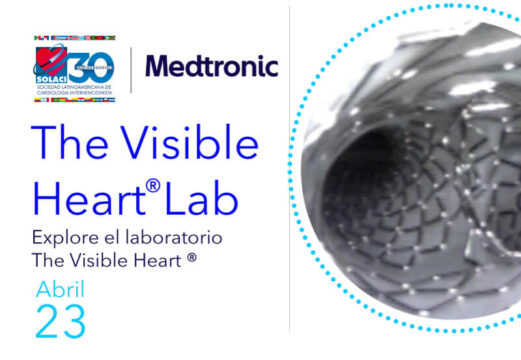Courtesy of Dr. Carlos Fava.
The need for anticoagulation after transcatheter aortic valve replacement (TAVR) is over 15% according to different reports and, so far, no one has analyzed in depth whether new oral anticoagulant agents (non-vitamin K oral anticoagulants [NOACs]) result in superior benefit compared with classic vitamin K antagonists (VKAs).

This study analyzed 962 patients. Among them, 326 received NOACs (33.9%) and 636 received VKAs (66.1%).
The primary endpoint at 12 months was a composite of all-cause mortality, acute myocardial infarction, and stroke.
Groups were similar: the mean age was 81 years, 52% of patients were women, the Society of Thoracic Surgeons (STS) score was 4.5%, and the CHA2DS2 VASC Score ≥2, 95.2%. Balloon-expandable valves were the most used valves.
Read also: Must Post MI Patients Use B Blockers for Life?
At 30 days, there were no differences in mortality, major bleeding, or life-threatening bleeding, but NOAC patients had higher rates of non-disabling stroke compared with VKA patients (1.2% vs. 0%; p < 0.001).
At 1 year, the primary endpoint was higher for NOAC patients (20.9% vs. 14.4%; hazard ratio [HR] 1.47; 95% confidence interval [CI]: 1.06 to 2.04; p 0 = 0.018); there were no differences as regards mortality, acute myocardial infarction, or bleeding. The rates of non-disabling stroke were higher for NOAC patients (1.6% vs. 0.3%; HR: 5.00; 95% CI: 0.97 to 25.81; p = 0.054).
Conclusion
Chronic use of NOACs and VKAs among patients in need of oral anticoagulation after TAVR resulted in comparable bleeding risk at 1 year. NOACs resulted in a higher ischemic event rate, something that should be evaluated in large randomized trials.
Courtesy of Dr. Carlos Fava.
Original Title: Oral Anticoagulant Type and Outcomes After Transcatheter Aortic Valve Replacement.
Reference: David Jochheim, et al. JACC cardiovasc Interven. Article in press.
Subscribe to our weekly newsletter
Get the latest scientific articles on interventional cardiology
We are interested in your opinion. Please, leave your comments, thoughts, questions, etc., below. They will be most welcome.


